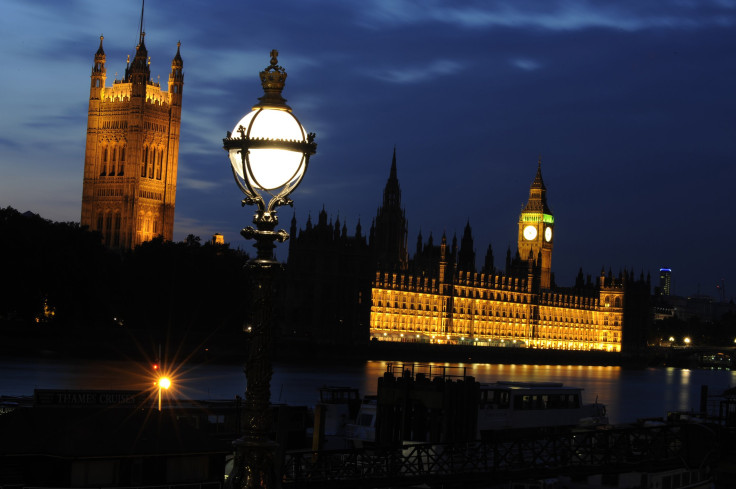British Lord John Sewel Resigns Amid Sex And Drug Scandal

British lawmaker John Sewel resigned from the House of Lords on Tuesday and apologized for the “pain and embarrassment” caused by the leaked videos that allegedly showed him taking cocaine with prostitutes.
The resignation came shortly after the London Metropolitan police announced that they had launched a criminal investigation into his conduct. Sewel had declined to apologize on Monday night and announced that he would take a leave of absence from the House of Lords. However, on Tuesday, amid the growing pressure and criticism, the 69-year-old announced his resignation.
“I have today written to the Clerk of the Parliaments terminating my membership of the House of Lords,” Sewel said in a statement on Tuesday, according to the New York Times. “The question of whether my behavior breached the code of conduct is important, but essentially technical.
“The bigger questions are whether my behavior is compatible with membership of the House of Lords and whether my continued membership would damage and undermine public confidence in the House of Lords,” he added. “I believe the answer to both these questions means that I can best serve the House by leaving it.”
Sewel was condemned after videos published by the newspaper The Sun on Sunday purportedly showed him snorting cocaine with sex workers in his flat, and calling Asian women “w-----,” and Prime Minister David Cameron “the most facile, superficial prime minister there’s ever been.”
The revelations in the video were condemned by the Speaker of the Lords Lady D’Souza, who said: [The] revelations about the behavior of Lord Sewel are both shocking and unacceptable. Lord Sewel has resigned as chairman of committees.”
Sewel had previously resigned from his position as Chairman of Committees, the body responsible for enforcing the House of Lords’ code of conduct. Under his leadership, the body had introduced a new, stricter code of conduct that called for peers to “act always on their personal honour.”
© Copyright IBTimes 2024. All rights reserved.











